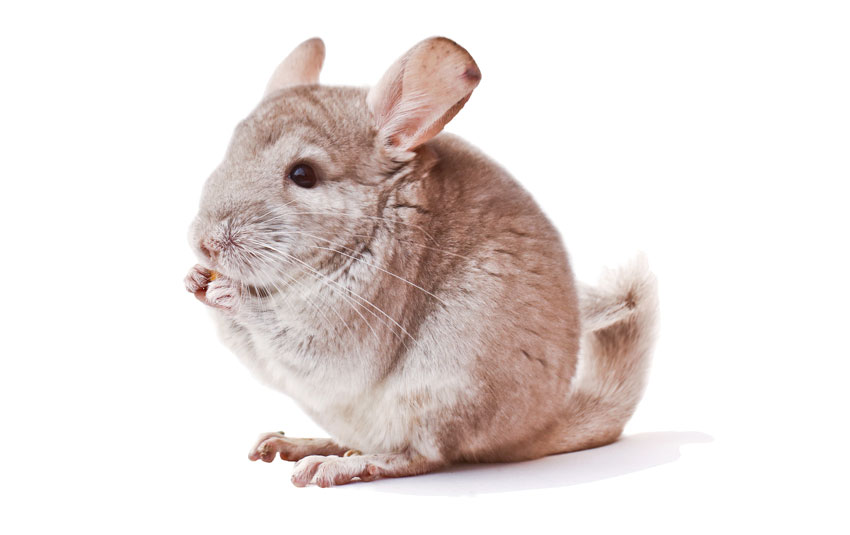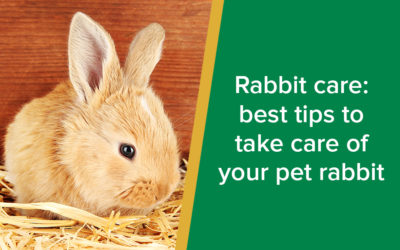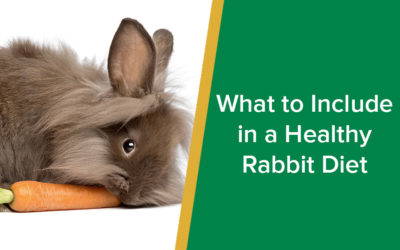For the best Chinchilla care, you need to take into account they are herbivorous rodents with a dense soft coat, from the high mountains of South America. They can live for up to 15 years. They are social animals, so should be kept in same sex pairs – if kept alone they can become bored or stressed. Unlike many of our small pets, chinchillas are quite shy and do not really like being picked up. However they enjoy being petted if they have been handled gently and quietly.

Chinchilla Cage
Chinchillas are very active, and their strong hind legs make them powerful jumpers. They require a very large enclosure or even their own room, so that they have plenty space to run and jump. At the very least they should have a cage 2m x 1m base and 2m high, but also have the opportunity to have a larger area/room for a run. Most enclosures will have a wire floor, but there should be a flat wooden part to prevent damage to feet. The enclosure can have different levels with bridges or branches, to make the most of the space and encourage normal behaviour. No dogs or cats should be allowed near them as chinchillas are prey species and get very stressed by this. For the same reason there should be several areas for hiding in the enclosure – hay filled nest/sleeping boxes and tunnels, tubes or cardboard boxes. Enclosures and nest boxes need to be cleaned regularly.
Chinchillas must have a daily dust bath to stop their coat from getting matted. Special chinchilla sand should be used. The dust bath should only be offered for a short time every day – if it is left too long it can be used as a toilet.
Coming from a dry, cool environment in the wild, chinchillas are prone to heat stroke. Ideally the room needs to be 10-15C, dry, draught-free, and in a quiet area of the house, as they tend to sleep during the day. High frequency noises from TVs or computers can cause stress so these should not be nearby.
Chinchilla diet
Chinchillas are grazing herbivores. Their teeth grow continuously throughout life and need constant wear from chewing and gnawing to stop them overgrowing. So the majority (80%) of your chinchilla’s diet should be good quality hay or grass. This is also required for good digestive health. Chinchilla nuggets should be fed in small quantities – 1-2 tablespoons per chinchilla daily (feeding these freely can lead to obesity). They can also be offered small amounts of leafy greens (they prefer dried leaves) or carrot daily, and they love a raisin as a treat. Fresh water should always be available. Chinchillas like to chew and gnaw so it is essential to provide cardboard, rope toys or fruit wood (eg apple) for chewing, and it helps prevent boredom. Hiding food in cardboard tubes mimics normal foraging behaviour and is good fun for your chinchilla too!
Muesli type diets should not be fed as they encourage selective feeding of just a few of the components, which can lead to obesity, tooth and gut problems. Remember that chinchillas, like most small pets, cannot cope with sudden changes in diet, temperature or surroundings, and can become very ill. Any changes must be made gradually.
Health problems
As prey animals, chinchillas tend to hide signs of pain or illness, so it is vital to watch for any changes in appetite, play, exercise, droppings or vocalisations.
Health problems we can see in chinchillas are
- Dental disease – this can be due to not enough hay in the diet. Signs are eating less, a wet mouth or forepaws, a dirty bottom and weight loss. Affected chinchillas will need an anaesthetic to examine and treat their teeth, however it is often a long term problem
- Skin problems – a stressed chinchilla can chew their coat or lose patches of fur. If dust baths are not used the coat can become matted.
- Sore hocks – if your chinchilla is standing on wire all day, is overweight, or on wet bedding, they can develop red, scabby sore feet, which must be treated as soon as possible to prevent long term damage.
- Digestive problems – a poor, low fibre diet, stress or tooth pain can cause the gut to slow down which is a serious and painful condition. Watch for poor appetite and reduced droppings – this needs treated rapidly.


